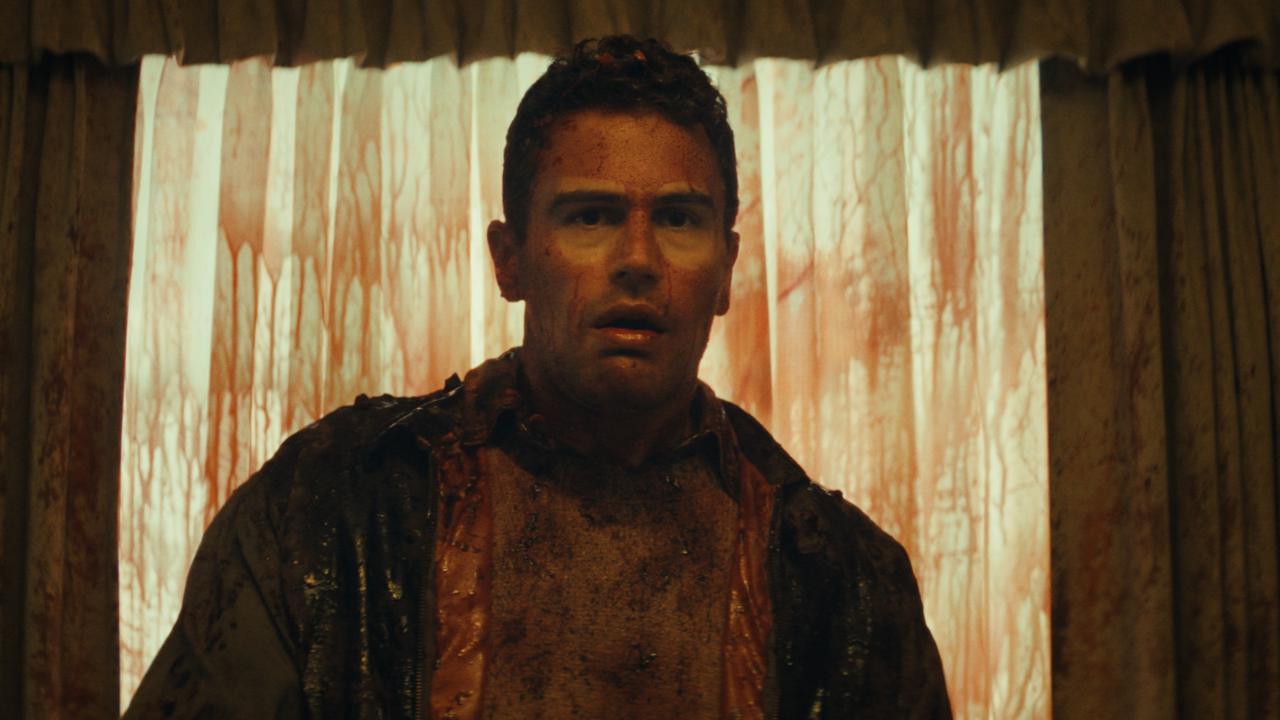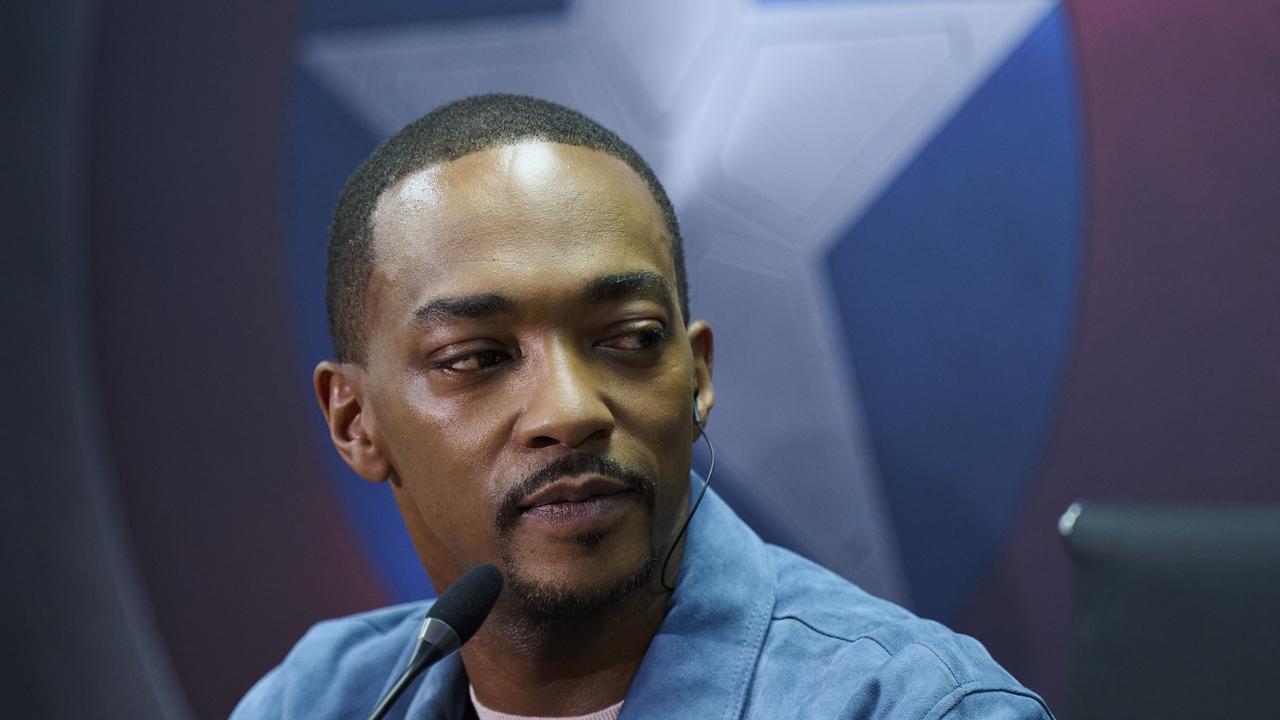Suburbicon is not as clever as it thinks it is
THERE’S a more interesting movie in Suburbicon but it’s not the one George Clooney chose to focus on. Bummer.
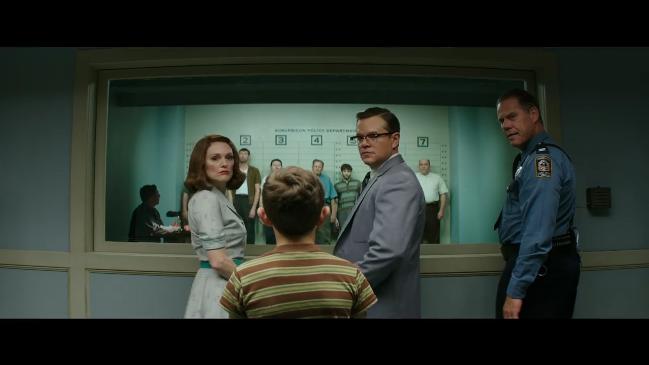
THIS isn’t George Clooney’s first go behind the camera, it’s his sixth, though it is the first one he doesn’t also star in.
As such, you’d expect the modern day Renaissance man to be much more adept at directing a more cohesive film. As it is, Suburbicon, a ’50s-set satire, is a confusing and disjointed affair that’s not nearly as clever as it thought it was.
The problem with Suburbicon is that it’s really two movies — one an interesting racial commentary on what happens when “whiteness” is “threatened”.
The other, the story the movie is actually most concerned with, is a muddled crime caper involving Gardner Lodge (Matt Damon), a suburban husband and father.
One night, Gardner wakes up his young son Nicky (Noah Jupe) and tells him there are men in the house. The two crims tie up and chloroform the family, which also includes Gardner’s wife Rose (Julianne Moore) and Rose’s twin Margaret (also Moore).
In the melee, Rose is killed. Margaret moves in with Gardner and Nicky and, without giving too much away, things become complicated, which includes the scepticism of a life insurance investigator (Oscar Isaac). And the two men who invaded their home aren’t done with the Lodges either.
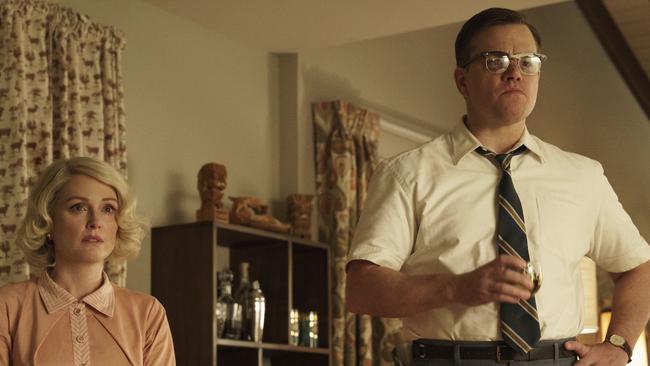
The obviously named Suburbicon is billed as the perfect area of tract housing and smiling Stepford neighbours — an escape from the urban ghettos of the cities at the height of America’s “white flight”.
The neighbourhood has everything — its own schools, hospital, supermarket and bucket loads of racism.
That’s the second story running parallel to the Lodges’ little conundrum. Right behind the Lodges, a new family, the Meyers, move in, an African-American family.
The residents of Suburbicon are up in arms after overcoming the initial shock that a black family would dare darken their steps.
The hostility towards the Meyers, from gawking to protests to a rioting mob, is a fascinating examination of the ugly racism right beneath the polite Protestant exterior. The anti-integration rhetoric about “betterment” espoused by the mob is a more effective satire than anything in the main story.
Perhaps if Clooney hadn’t teased us with the second story, we would’ve been more satisfied with the Damon-led one it focused on — but there it was, barely lurking in the background, demanding our attention.
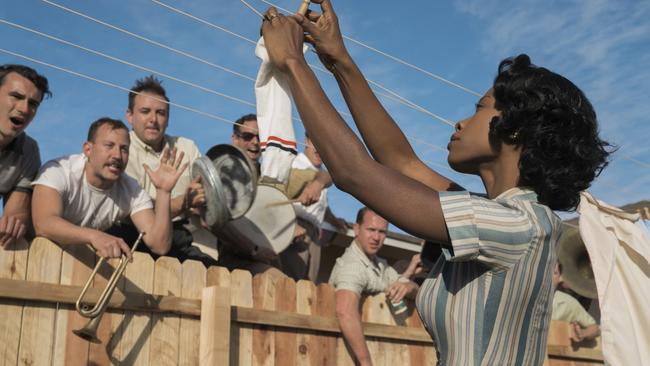
The two stories are supposed to complement each other but it mostly feels like the “black” story has been tacked on just so Damon’s character can get off a line about white privilege at the end.
It feels tacked on because it was. The Lodges’ story was written by the Coen brothers decades ago (they are co-writers on the screenplay) while Clooney and his writing partner Grant Heslov added the ancillary narrative.
The two don’t quite come together — you’re left wondering if there was some other smart narrative device you missed that would’ve given Suburbicon more reason for being.
Everything about it feels like it tried too hard to be something more, that it does far too much telling and not enough showing. This includes the overwrought score by Alexandre Desplat that tried to parrot the tense compositions of frequent Alfred Hitchcock collaborator Bernard Herrmann.
There are moments that work but overall, Suburbicon feels more like a weak parody rather than a biting satire.
Rating: 2/5
Suburbicon is in cinemas now.
For geek-outs about movies and TV, follow @wenleima on Twitter.
Originally published as Suburbicon is not as clever as it thinks it is


